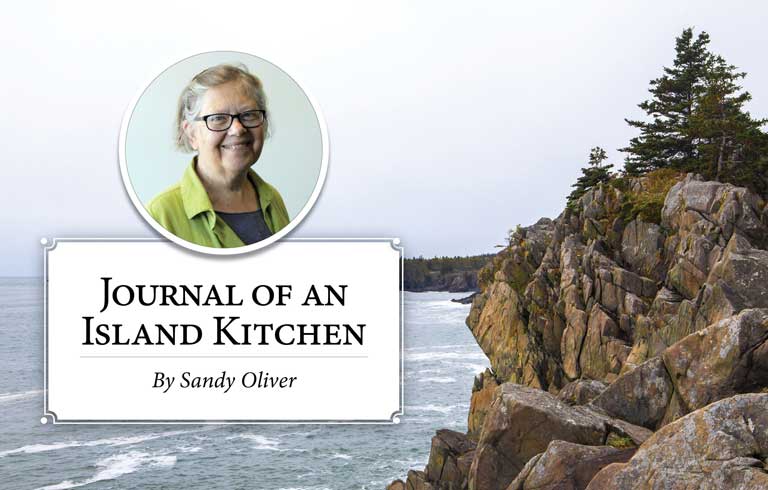How has civilization ever coped without lists of “the best” of everything and detailed explanations of “the perfect way” to do anything?
I recently read a headline declaring something like, “You are packing your cooler all wrong,” followed by copious advice from professionals on how to place each food item in just its right place with all the cold packs carefully and perfectly distributed.
It didn’t scare me. Really, how have we picnicked for the past 200 or 300 years without perfectly packed coolers?
The question is, who benefits from adoration of the perfect and how?
One sees this a lot among recipes: the perfect chicken pot pie, or the best brownie recipe. I remember reading a recipe in Cooks Illustrated for “the best” brownie. It called for nuts. I hate nuts in brownies, and I wasn’t about to add them to make the perfect brownie only to be obliged spit them out before enjoying the chocolate part.
The question is, who benefits from adoration of the perfect and how?
Not just recipes. Think about the perfect being the enemy of the good, period. Every year, our island historical society has a talent show. Community members ranging in age from about five or six up to the 90s perform songs, read poetry, play instruments, do skits. Always wonderful in spirit, it’s seldom professional and everyone’s an artist.
Home grown amusement gave us the joyful capacity for producing fun in our kitchens, living rooms and on porches before TV, streaming movies, and down-loadable musical performances turned us into on-demand entertainment consumers.
A friend of mine organized a vocal group which ended up never performing because she clung to an idealized perfection which they could never achieve. Another friend claimed she didn’t cook because she wasn’t turning out meals like she saw in glossy food magazines. She’d roast a chicken, bake potatoes, make salad, and was surprised when I said, “What you are doing is cooking.”
This perfectionism is toxic and illusory. A social media salad is carefully curated; there are no holes in the lettuce, aphids on the kale, worms in the apple, no images of the dirty fingernails and sweaty humans behind the gorgeousness. Fantasy is displayed as reality and we all risk feeling diminished by our falling short of the unreal ideal.
Lots of us cringe at the idea of mediocrity. The etymology of the word points to “half way up the mountain,” neither good nor bad. If what we do isn’t bad, and we are half way there, it seems the point is to keep going as best we can, working one step at a time towards the good, and, one hopes, helping each other on the way.
Let’s not tolerate the idea of a “wrong way” of making these steps. I read a touching story about a household welcoming home a family member recently released from jail. Someone decided that making cupcakes was the right celebratory thing to do. Lacking a mixing bowl, she reused a plastic food container, emptied the contents of a package mix into it, and decorated each cupcake with canned icing and sprinkles.
I can see some eyerolling out there perhaps, or worse and especially toxic, condescending praise for this sweet effort of using food as a loving expression of care and connection.
Not many are willing to risk trying something new, pitching in, going out on a limb if they think someone might saw it off under them. Earlier in my career an old timer pointed out to me that the only people who don’t make mistakes are people who don’t do anything.
You don’t cook? Get a package of ramen, follow the instructions, only add a hefty handful or two of canned or frozen peas halfway through the process.
You don’t play an instrument? Grab a friend, get yourselves kazoos and accompany each other.
Mainly ditch “the best” lists, view skeptically—extremely skeptically—anything that seems too perfect. Are you going to love someone more, will they love you more, if you pack your cooler right? Will you create a stronger sense of community with your perfectly packed cooler? Just whose life will be improved anyway?
Sandy Oliver is a food historian who gardens, cooks, and writes on Islesboro. She may be contacted at: SandyOliver47@gmail.com.





